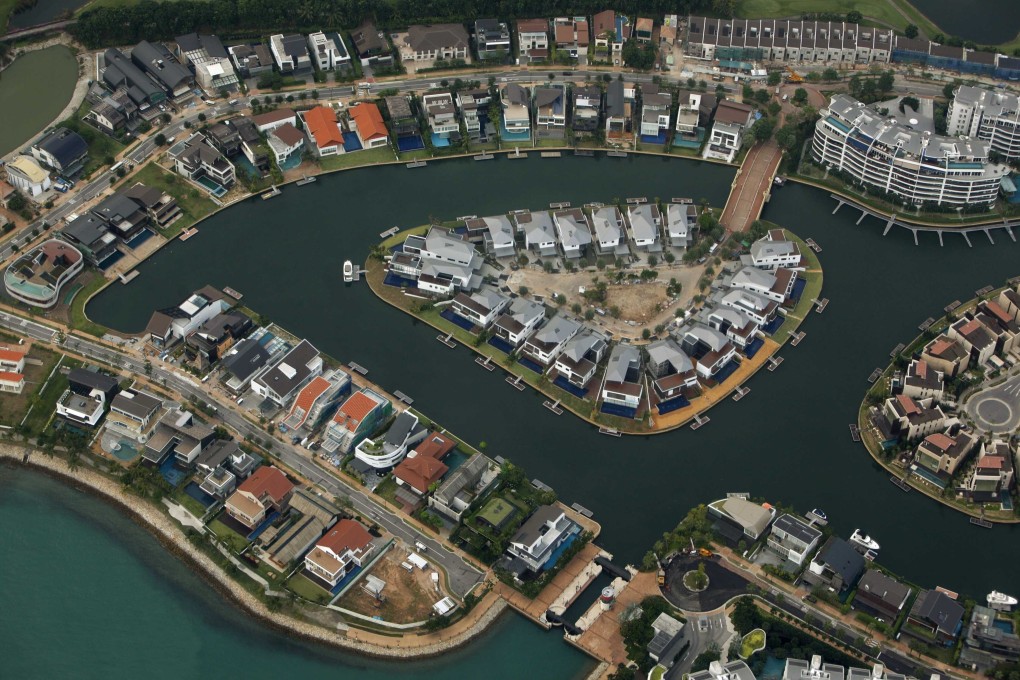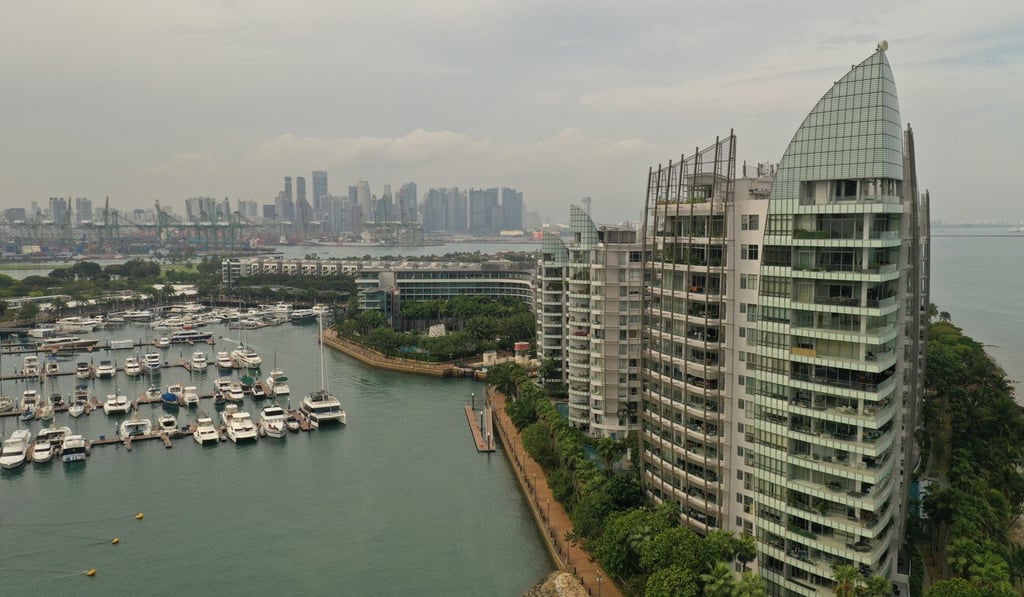Is Singapore’s housing market immune to coronavirus? Here’s your US$20 million answer
- Restrictions didn’t stop buyers snapping up a US$20 million condo in central Singapore and a US$18 million landed house in Sentosa Cove
- Virtual viewings helped agents shift units during the lockdown; now it’s lifted, sales are rebounding

During the city state’s partial lockdown in April and May, 1,340 units changed hands – almost 40 per cent (3,391) of the level of transactions in the same time period last year.
Instead of viewing countless homes and show flats, examining finishes and nooks and crannies that might need renovation, buyers based their decisions on virtual tours and online viewings.
And the homes that changed hands didn’t come cheap. According to data from the Urban Redevelopment Authority’s Real Estate Information System (Realis) on June 18, the most expensive transaction was a 8,740 sq ft unit in a condominium called Ardmore Park in central Singapore that sold for S$27.65 million (US$19.85 million) and is freehold.

Next was a landed house with 12,486 sq ft of space that sold for S$25 million (US$18 million) and had 87 years left on its lease. This property was in the prestigious Sentosa Cove area on the holiday island of Sentosa, the only place foreigners can buy landed property in Singapore and also the only place where landed houses are on 99-year leases.